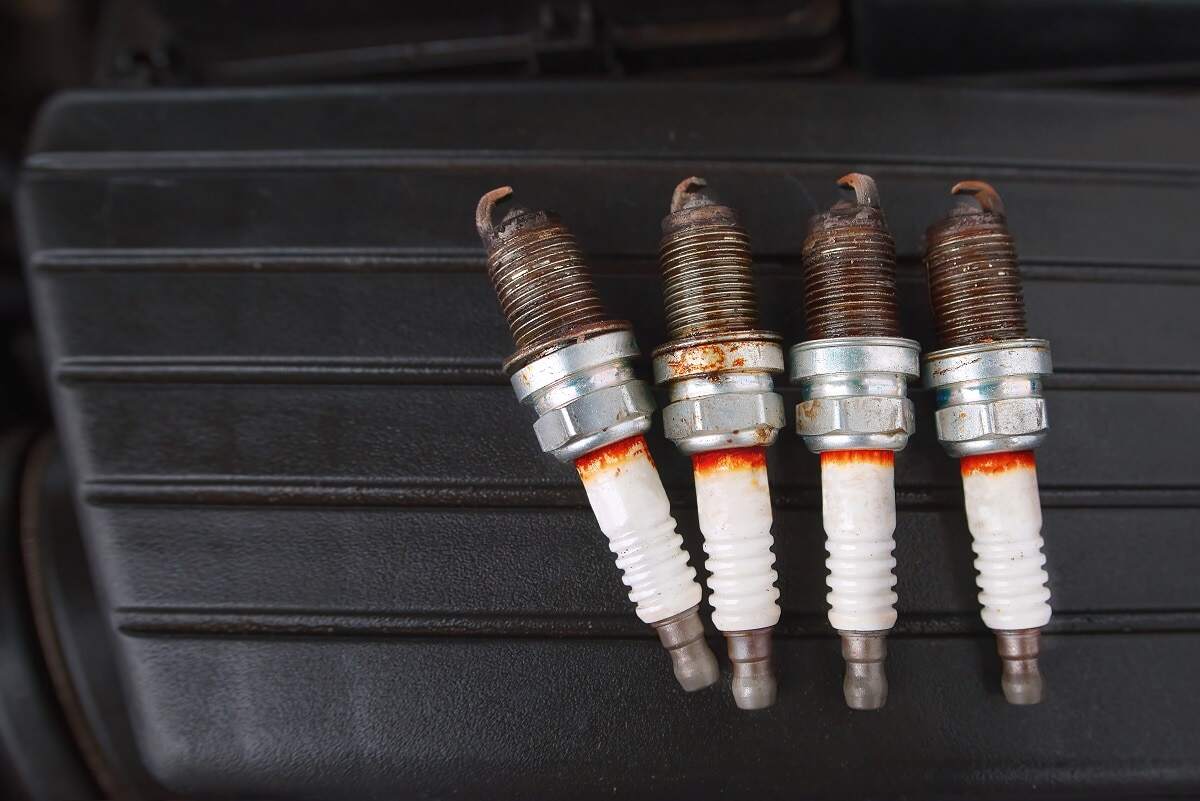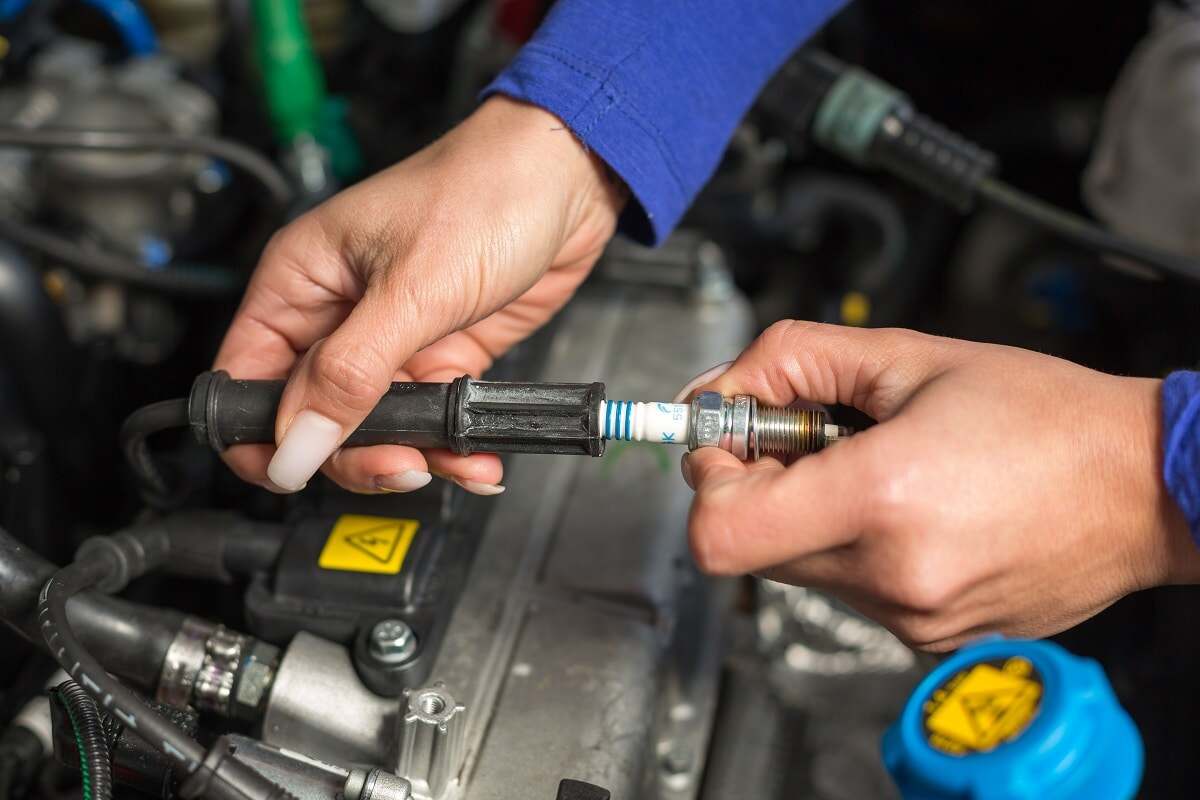Spark plugs are the unsung heroes of your vehicle’s ignition system. They ignite the air-fuel mixture in the combustion chamber, ensuring smooth engine performance and fuel efficiency. A worn-out spark plug can lead to misfires, reduced power, and even engine damage. This guide will show you how to replace them using professional tools for optimal results.
Spark plugs generate the electrical spark needed to ignite the fuel-air mixture in the engine. Over time, they wear out due to carbon buildup, electrode erosion, or improper gaps, leading to poor combustion and inefficiency.
Key Functions:
Igniting the air-fuel mixture.
Dissipating heat from the combustion chamber.
Maintaining consistent engine performance.

Ignoring spark plug maintenance can lead to costly repairs. Here’s how to spot the warning signs:
Symptoms of Worn Spark Plugs:
Rough idling or engine misfires.
Reduced acceleration and power.
Poor fuel economy.
Difficulty starting the engine.
When to Replace Them:
Every 30,000 to 100,000 miles (check your vehicle’s manual).
If you notice corrosion, cracked porcelain, or worn electrodes.
Using professional-grade tools ensures precision and prevents damage to delicate components.
Essential Tools:
Spark plug socket and ratchet (with a rubber insert to protect the plug).
Torque wrench (for accurate tightening).
Gap gauge (to check electrode spacing).
Anti-seize compound (optional, for threaded longevity).
Compressed air or brush (to clean debris from the plug well).

Step 1: Prepare the Engine
Let the engine cool completely.
Disconnect the battery to avoid electrical hazards.
Step 2: Remove Old Spark Plugs
Use compressed air to clean around the plugs.
Carefully remove ignition coils or spark plug wires.
Loosen and extract the old plugs with a spark plug socket.
Step 3: Inspect and Gap New Plugs
Check the electrode gap with a gap gauge and adjust if needed.
Apply anti-seize compound to the threads (if recommended).
Step 4: Install New Spark Plugs
Hand-tighten the plugs first to avoid cross-threading.
Use a torque wrench to secure them to the manufacturer’s specification.
Step 5: Reassemble and Test
Reattach ignition coils or wires.
Reconnect the battery and start the engine to ensure smooth operation.

Over-tightening: Damages threads or cracks the plug.
Ignoring the gap: Incorrect gaps lead to misfires.
Skipping torque specs: Always follow the manufacturer’s guidelines.
Precision: Torque wrenches ensure accurate tightening.
Durability: High-quality sockets prevent stripping.
Efficiency: Specialized tools reduce replacement time.
Regular spark plug replacement is a small task with big rewards: smoother acceleration, better fuel economy, and reduced emissions. By using professional tools and following this guide, you’ll keep your ignition system running at peak efficiency.
Upgrade your toolkit today with our precision-engineered spark plug replacement tools. [Shop Now] or contact our experts for personalized adviceThis guide equips you with the knowledge and tools to tackle spark plug replacement confidently. Keep your engine firing on all cylinders! 🔧🚗
